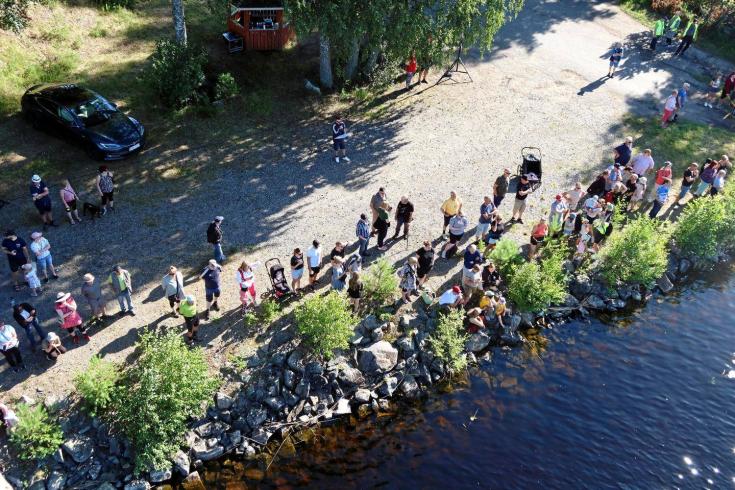Sulkava Launches Project to Tackle Social Exclusion
Sulkava House Project Aims to Combat Social Exclusion with Community-Led Solutions
Sulkava, Finland – The municipality of Sulkava is taking a bold step toward addressing long-term unemployment, social exclusion, and integration challenges through its new two-year initiative, the Sulkava House Project. If approved, the project is set to launch in September 2025, supported by over €156,000 in ESF funding, with an additional €39,000 contribution from the municipality itself.
The initiative reflects a proactive response to growing concerns around marginalization, particularly in light of recent changes brought on by the TE services reform, which gives municipalities greater responsibility in employment management.
“Society is now undergoing such a major change that it can be very easy to become marginalised and fall by the wayside,” said Mayor Sakari Varala, emphasizing the urgency of early intervention rather than reactive sanctioning.
Community-Identified Needs and Inclusive Development
To ground the project in real community needs, the planning process included two co-creative workshops held in partnership with the municipality—one open to all residents and another focused on 8th and 9th graders at Sulkava Secondary School. According to Jatta Juhola, who has been closely involved in the project:
“The goal was to accumulate material, local needs, and wishes as a basis for a project plan. What we learned is that for a small municipality, Sulkava has a delightful will for development work and a sense of community.”
The workshops were facilitated by service designer Heidi Huovinen, whose expert facilitation enabled the group to surface powerful insights and creative ideas.
The Concept of a ‘Third Place’
At the heart of the Sulkava House project is the concept of a “third place”—a communal environment that complements formal municipal services and helps bridge the gap for those who often remain on the margins of society. These include:
- Long-term unemployed individuals suffering from mental health issues or addiction.
- Immigrants and their families, including spouses of workers, facing language barriers and integration hurdles.
- Young people, who desire more diverse and culturally engaging leisure activities and safe spaces to connect.
- International students, who struggle to connect with Finnish peers due to language and cultural divides.
The project proposes group-based activities to improve everyday skills and well-being, support peer-led initiativeslike pop-up events and hobby groups, and activate Sulkava’s strong network of local NGOs and civic organizations.
Bridging the Gaps with the Fourth Sector
The project also addresses the evolving role of municipalities in relation to the fourth sector—volunteer and civic activity. Sulkava aims to bring NGOs into closer collaboration with one another and with municipal professionals, creating a shared platform for service co-creation.
“People have a desire to influence the activities of their own area, as long as they are given a platform on which to operate,” Jatta added.
By developing structures that support sustained community involvement, the Sulkava House initiative hopes to not only mitigate exclusion but also strengthen democratic participation and local resilience.
Looking Ahead
If approved, the project is expected to begin in September 2025, building on the groundwork laid through local engagement and expert facilitation. It represents a forward-thinking model for small municipalities facing population decline, economic shifts, and the growing complexity of social needs.
Stay tuned as Sulkava awaits approval for this ambitious and much-needed project—one that places citizen voices at the center of change.

